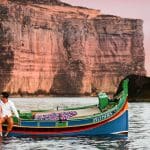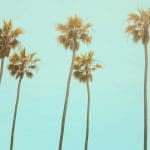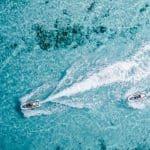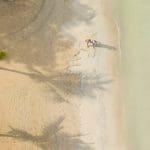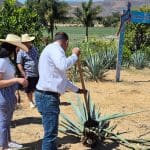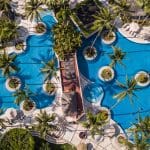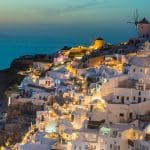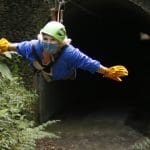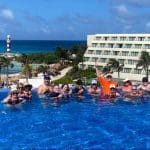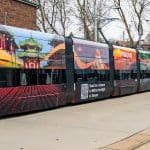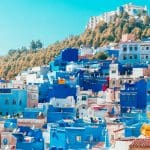Visitors can encounter Ojibwe Spirit Horses
STORY: Ian Stalker PHOTOS: Sandy Sharkey Photography
Ottawa-area Madahoki Farm wants to introduce equine-interested people to some four-legged creatures that came dangerously close to disappearing from the Ontario landscapes that they have been wandering in long before Ontario — and the rest of Canada — even became recognized jurisdictions.
Ojibwe Spirit Horses originated on what farm executive-director Trina Mather-Simard calls the “traditional lands of Turtle Island (North America). Our elders said they (the horses) had roamed the forests for thousands of years, like the deer and moose — living in harmony with our communities and considered sacred. These ‘little horses of the big woods’ were Indigenous to Canada for thousands of years before Europe introduced horse breeds. According to the Ojibwe Horse Society, ‘DNA evidence shows they are different from European-introduced horse breeds in distinctive ways that made them an integral and harmonious part of the North America boreal forest. The testimony of Indigenous elders affirms they have had a spiritual and working relationship with the Ojibwe Horse throughout time.”
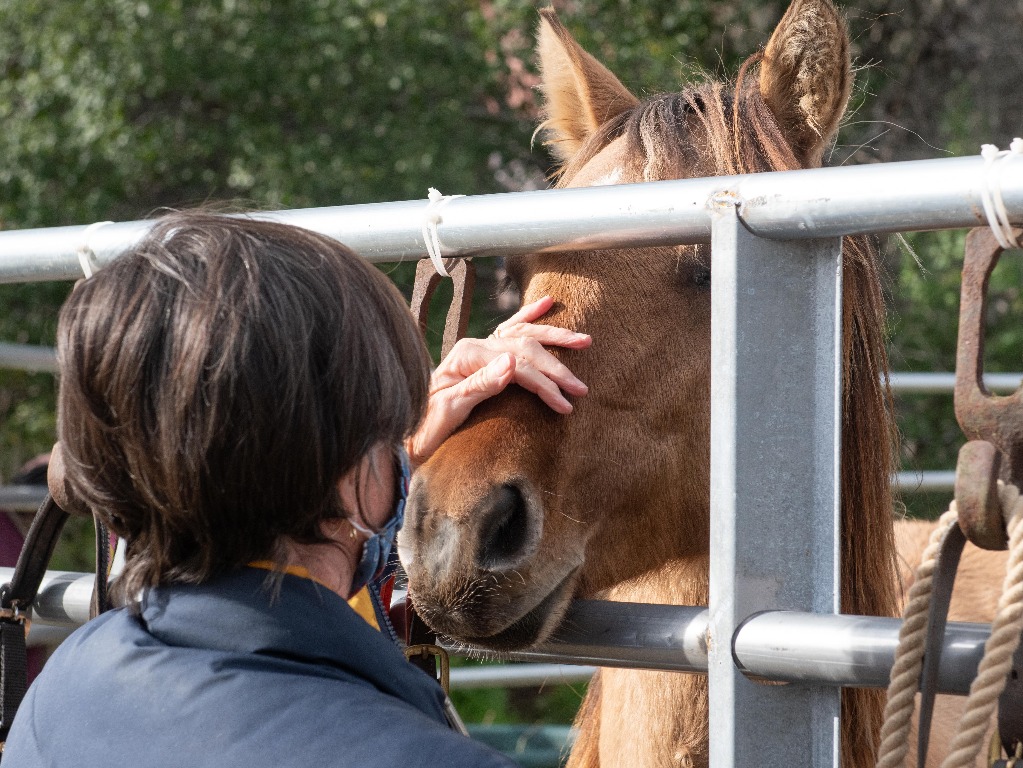
Horses are believed to have originated in the Western Hemisphere, although gradually disappeared from this part of the world. Horse populations rebounded in the Americas when Europeans brought them across the Atlantic.
Mather-Simard says Spirit Horses have horse-like builds, but are smaller, being pony-like in terms of height, having an average height of between 12.2 to 14.2 hands high. Their smallish size made them ideally suited for forest life but also led European settlers to view them as useless.
“Even today, they still carry some distinctive features of ancient breeds, with tiger-like stripes on their legs, a dorsal dark stripe running down their back and have additional fur in their ears and even an extra nose flap to protect them from Canadian cold winters and bug season,” Mather-Simard reports.
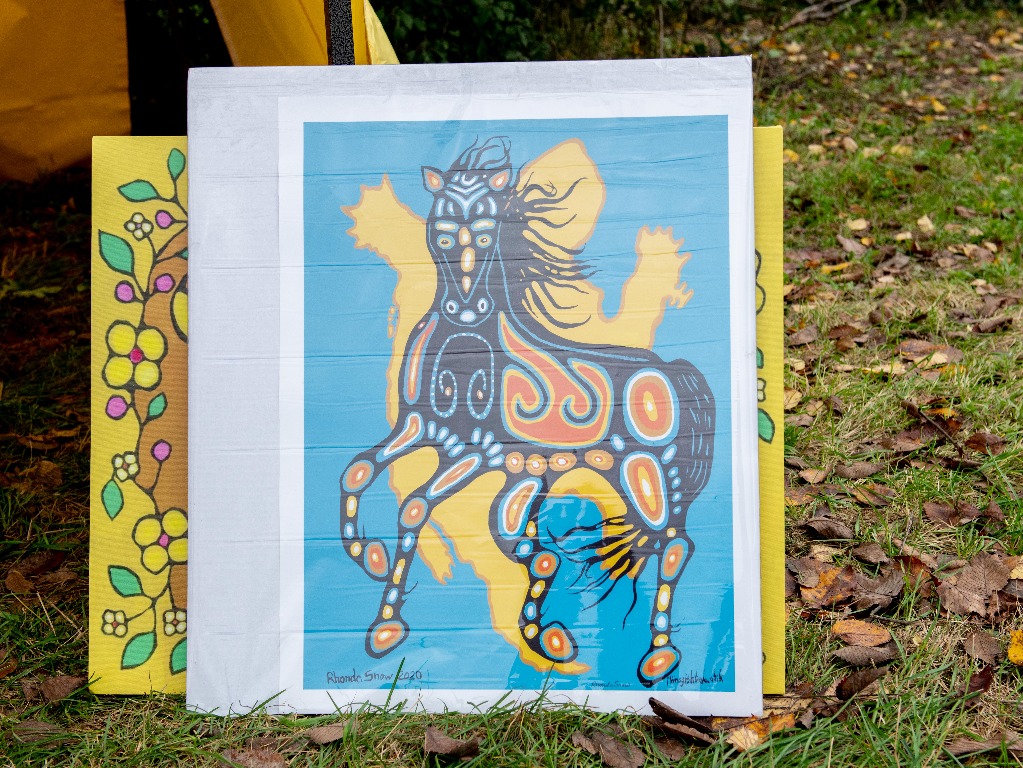
She says it’s difficult to determine how many Spirit Horses once roamed what is now Ontario but adds there was a time when the mammals could be found in forests near many of the Ojibway communities that are located throughout much of the province.
But Mather-Simard adds the breed was almost permanently lost in this country in the 1970s, with the farm crops-eating horses being viewed as a nuisance, leading to them being sent to slaughter, with their numbers being reduced to a scant four.
“In a rescue like out of a movie, some brave men from Lac Lacroix (Ont.), captured the last four mares and took them over the frozen ice to a reserve in the US to help save the breed,” Mather-Simard states. “They are recognized as a rare and endangered species through Rare Breeds Canada and there are (now) approximately 150 Ojibwe Spirit Horses today in Ontario, Quebec, Alberta and the northern US.”
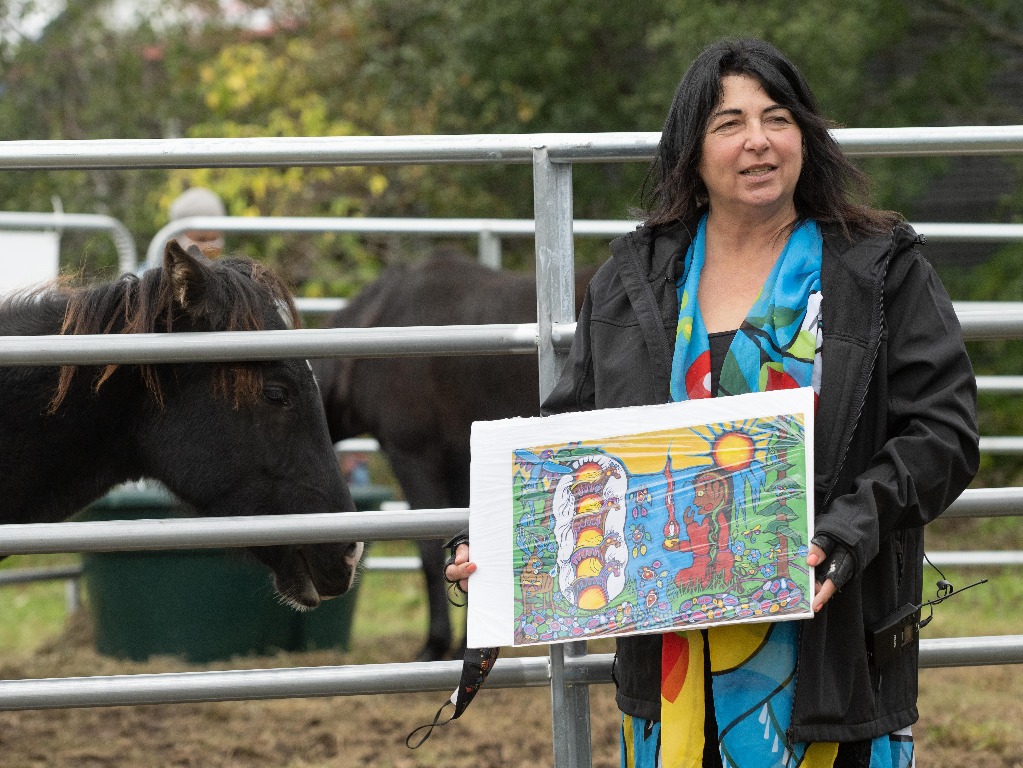
The breed has had little public profile, with Mather-Simard — herself an Ojibwa from Ontario’s Curve Lake First Nation and who has daughters who have been competitive riders for over 10 years — growing up unaware of it until meeting horse advocate and artist Rhonda Snow and subsequently visiting Ontario’s TJ Stables, which has a herd of Spirit Horses. They then returned to Madahoki with four young male horses.
Madahoki. now has 5 Spirit Horses and Mather-Simard hopes a breeding program will enable it to “welcome some babies to our herd! Thankfully the Ojibwe Horse Society helps to manage the breeding program, pairing mares and stallions with proper bloodlines to protect the breed. We will work closely with them to select our pairs. For now, we have the boys and girls living in separate fields and all geldings with the exception of one young male horse. We are waiting to hear if a potential new member to our small herd is expecting this spring/summer — fingers crossed!”
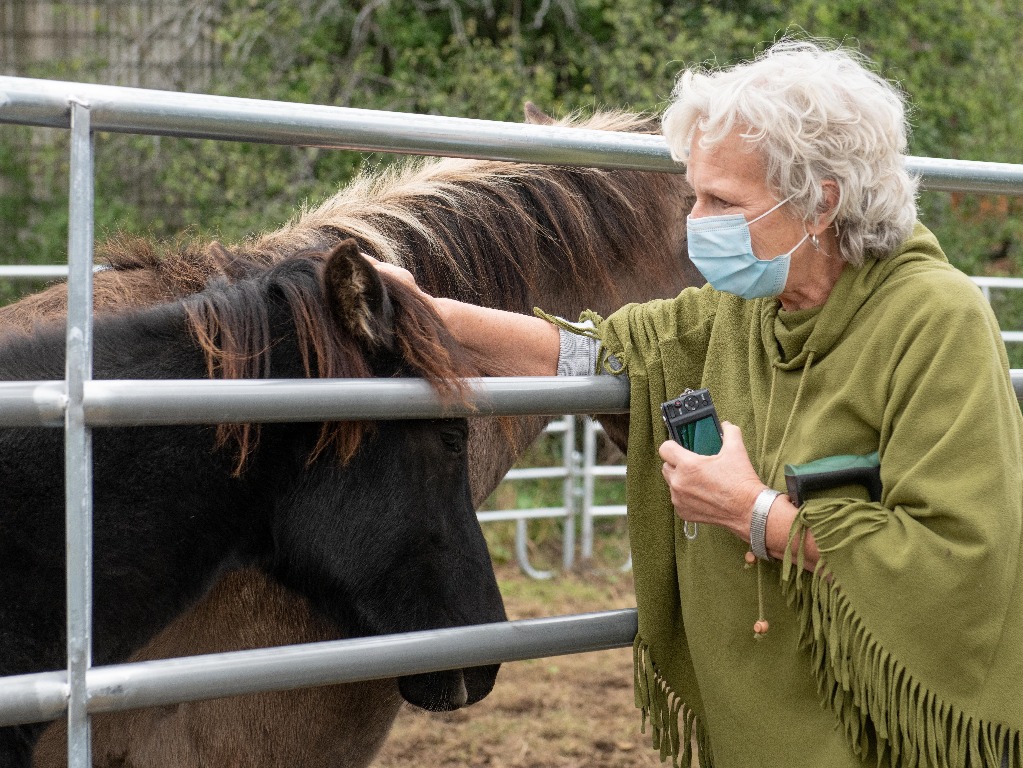
The farm’s Ojibwe Spirit horses aren’t now broke to be ridden, although Mather-Simard reports that “we are working towards that with the oldest two. They were pretty much untouched when we got them in spring, so we continue to work with them but they are naturally sweet, friendly and inquisitive breed so they are coming along so fast! All visitors get to watch them graze, play and run in their fields on the farm and with our group spirit horse experiences guests will interact and pet them. We also share the incredible artwork of Rhonda Snow, who has captured the oral histories of our elders and the many stories of these ponies with her artwork. We are working on developing guided trail rides on the property with some well-trained horses and ponies as well so you can have a full horse experience at Madahoki Farm.”
Mather-Simard says Madahoki is eager to help ensure that horses that have wandered Ontario forests for thousands of years will continue to find a home in the province.
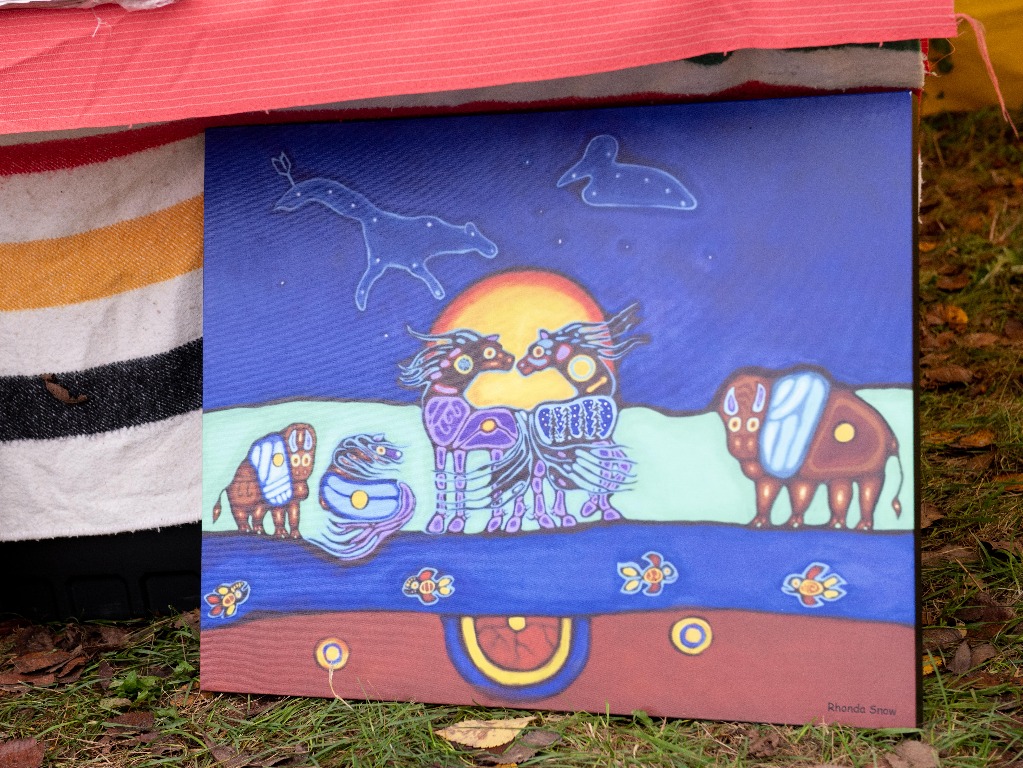
“These Spirit Horses are so important to all of our community,” she says. “One thing that Rhonda Snow discovered in her research is that they were not only connected to the Ojibwe people but many of our Indigenous nations that lived along the forests. They were sacred and respected by our community in a way that we respect all living creatures and the gifts they provide us. They played a significant role in helping our community work the land and travel to follow our food sources of plants, foods and animals.
“They are what inspired us to find and build this Indigenous farm, to help give them a home where we can share their story! We are finding that even people in the equestrian world for decades have never heard about them. That is our role to help share their story and our shared Indigenous history of this land with Canadians and our international visitors.”
Madahoki is run by its non-profit organization, Indigenous Experiences which has been operating the award-winning cultural attraction “Aboriginal Experiences” in Ottawa and the Summer Solstice Indigenous Festival, welcoming visitors from around the world for authentic Indigenous experiences for over 20 years. Mādahòkì Farm means to share the land in Anishnaabe, and “that is our goal with the new farm,” Mather-Simard says. “We are looking to share the land with all of our visitors and share the deep connection our community holds to the land, the animals (like the Ojibwe Spirit Horse) our food, our medicines and our teachings.”
Madahokinwelcomes individual visitors to its four seasonal festivals, the year-round marketplace/shop at the farm and when groups resume people can find its programs at www.indigenous-experiences.ca.

